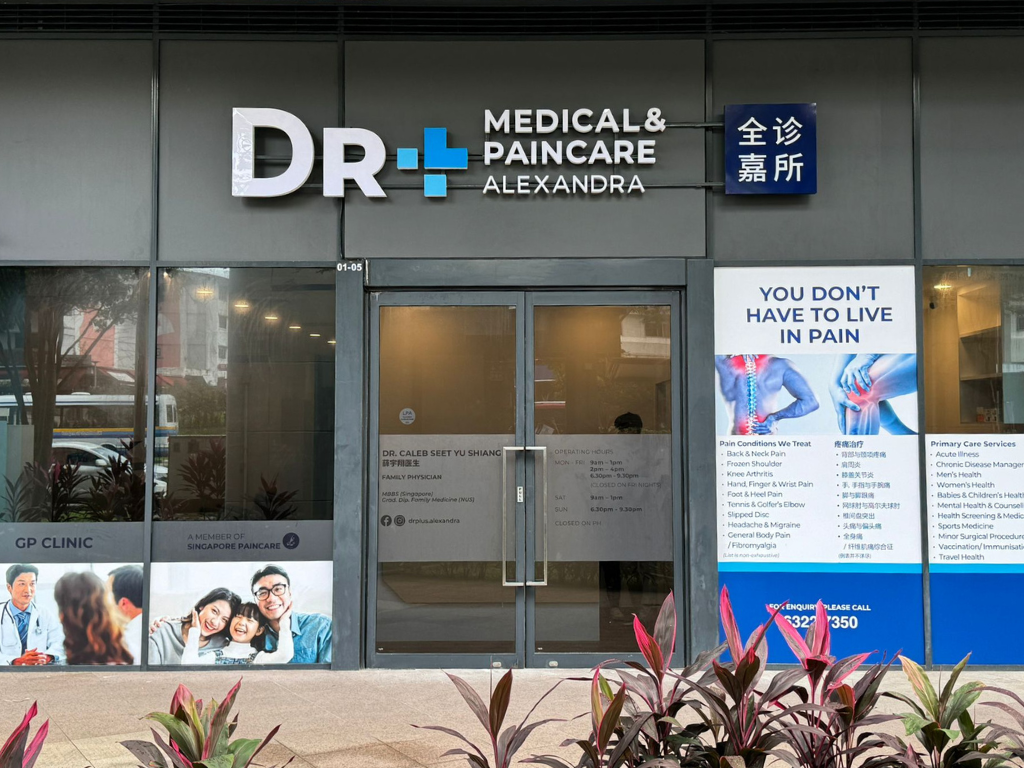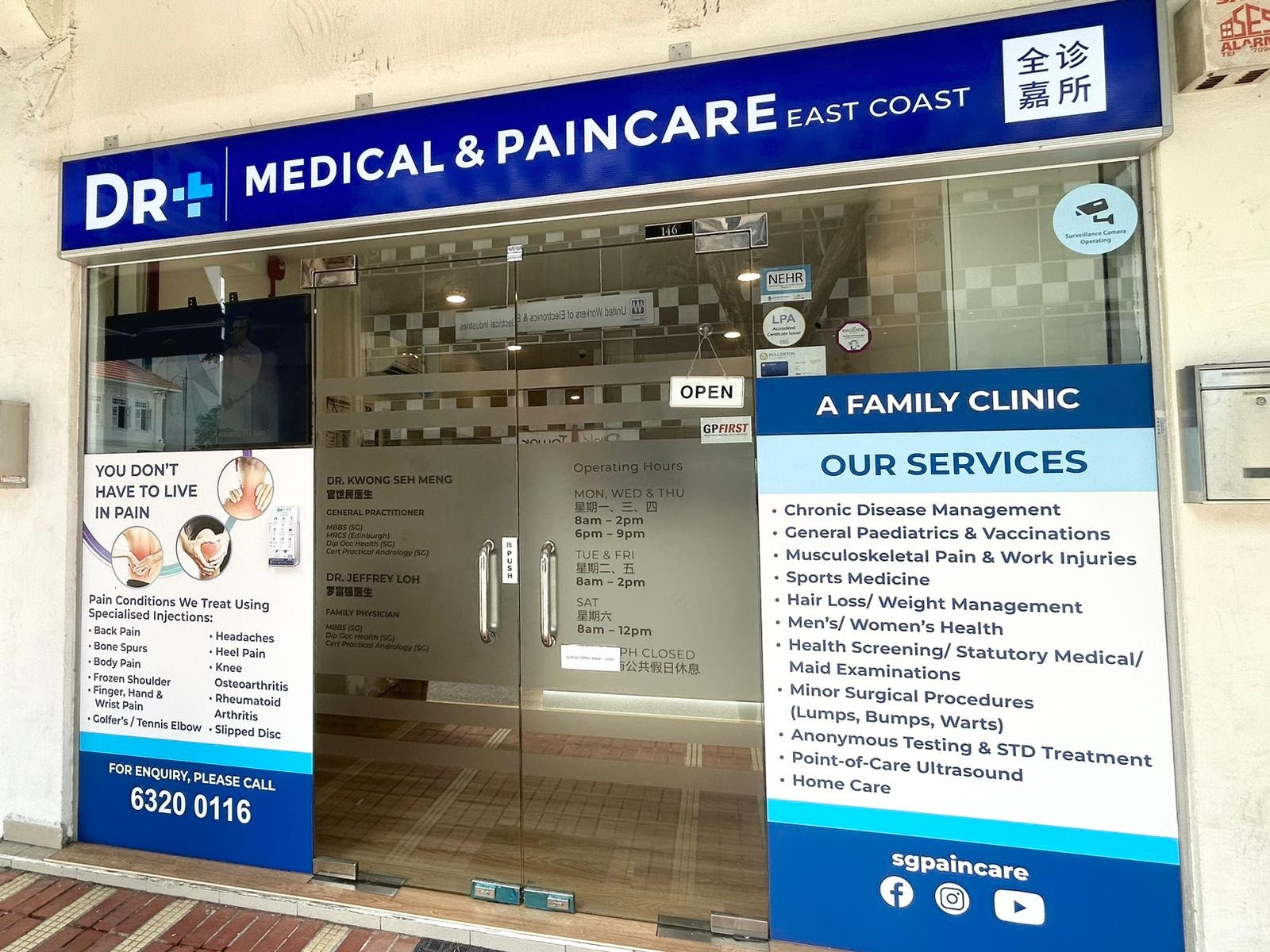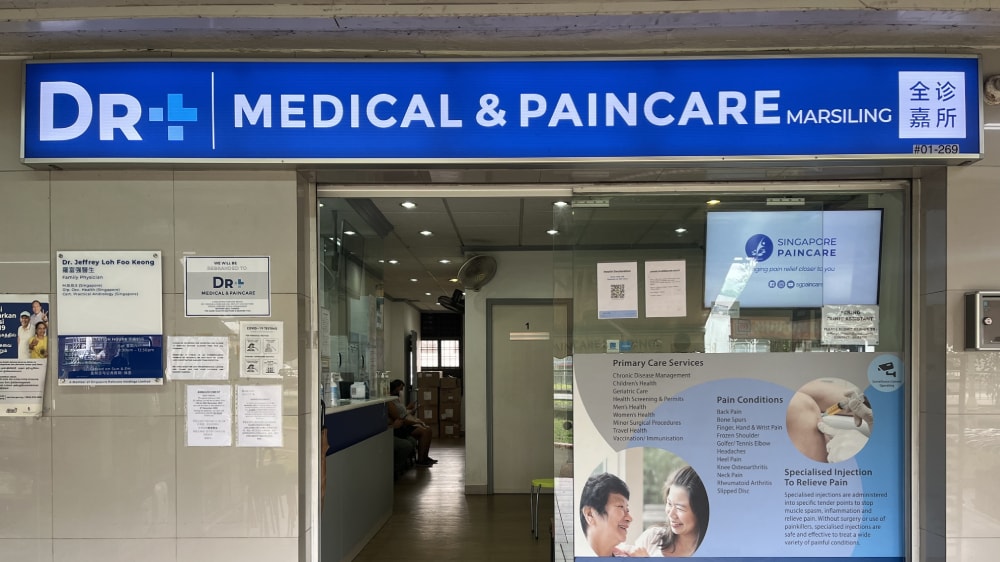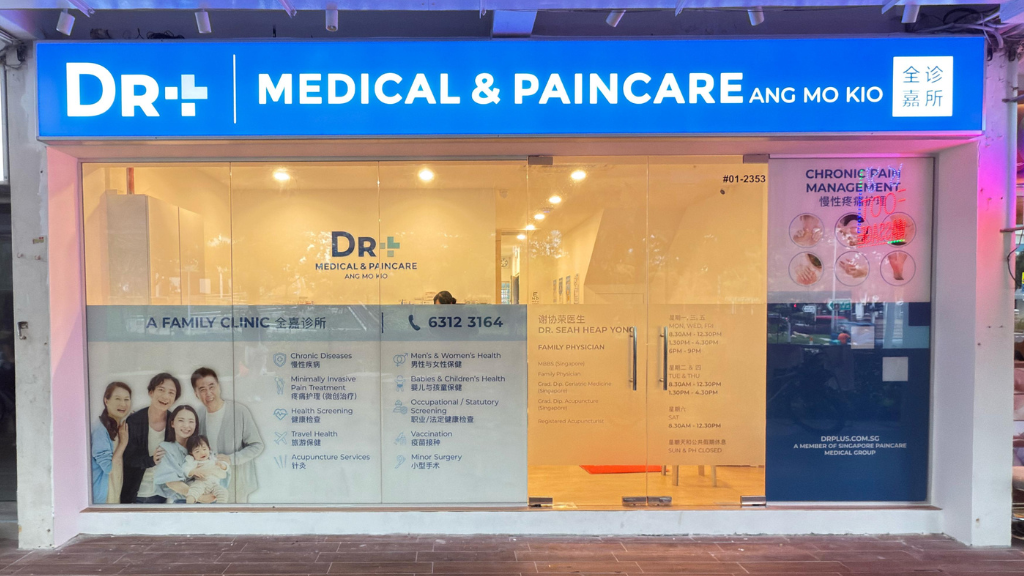Knee Pain

Knee Pain
Knee pain is a common complaint affecting individuals of all ages. It can arise from various conditions, ranging from injuries to degenerative diseases. Understanding the underlying cause helps in effective management and treatment.
Causes of Knee Pain
Common Knee Injuries
ACL injury: The anterior cruciate ligament (ACL) is one of the four primary ligaments in the knee. It stabilises the joint and prevents the shin bone from sliding in front of the thigh bone. Athletes participating in high-demand sports like soccer, basketball, and skiing are more prone to ACL injuries. These injuries often result from sudden stops, changes in direction, or direct collisions.
Fractures: The knee joint comprises the lower end of the thigh bone, the upper end of the shin bone, and the kneecap. Any of these bones can break during motor vehicle collisions, falls, or direct blows. Individuals with weakened bones due to osteoporosis might sustain a knee fracture even from minor injuries.
Knee Bursitis: The bursae contains small fluid-filled sacs situated near your knee joint, reducing friction and allowing tendons & ligaments to glide over the joint smoothly. Knee injuries can cause inflammation in the bursae, leading to pain and discomfort. The knee becomes progressively more painful if a patient walks or stands more. Pain related to Knee Bursitis is usually on the inner or middle part of the knee.
Torn meniscus: The meniscus is a C-shaped piece of cartilage that acts as a cushion between the thigh bone and shin bone. Twisting the knee while bearing weight on it can tear the meniscus. Age-related wear and tear can also increase the risk of a torn meniscus.
Mechanical problems
Dislocated kneecap: A kneecap dislocates when the triangular bone (patella) that covers the front of your knee slips out of place, frequently to the outside of your knee.
Loose body: Sometimes, a piece of bone or cartilage breaks off due to an injury and floats in the joint space. This can interfere with joint movement and cause pain and locking of the knee.
Hip or foot pain: Pain from the hip or foot can alter the way one walks to spare these painful joints. However, this altered gait can place more stress on the knee joint, leading to knee pain.
Types of arthritis
Osteoarthritis: Often referred to as the “wear and tear” arthritis, osteoarthritis is the most common type of arthritis affecting the knee. It occurs when the protective cartilage that cushions the ends of bones wears down over time, leading to pain, swelling, and reduced joint mobility.
Rheumatoid arthritis: This is an autoimmune condition where the body’s immune system attacks its tissues, including the joints. The knee is commonly affected. Rheumatoid arthritis can cause pain, swelling, and joint deformity.
Gout: Gout, a type of inflammatory arthritis, causes sudden and intense pain in the joint. Most people experience it in the big toe and at night, but it can also occur in the knee. Excessive uric acid build-up in the body accumulates in the knee joint, causing a severe inflammatory reaction.
Pseudogout: Pseudogout is caused by a build-up of microscopic calcium-containing crystals that develop in the joint, leading to sudden severe knee pain, swelling, warmth, and redness.
Other causes
Infections: Bacteria can enter the knee joint and cause inflammation, swelling, and pain. This condition, known as septic arthritis, requires prompt medical attention.
Tumours: Although rare, benign (non-cancerous) or malignant (cancerous) tumours can develop in or around the knee, leading to pain and swelling.
Risk Factors
Age: With age, wear and tear on the knee increases, leading to conditions like osteoarthritis.
Weight: Excess weight puts additional pressure on the knees, accelerating cartilage breakdown.
Lack of muscle flexibility or strength: Weak or inflexible muscles can fail to support the knee adequately, increasing injury risk.
Certain sports: High-impact sports or activities with repetitive knee movements can heighten injury risk.
Previous injuries: A history of knee injuries can predispose the joint to future problems or degenerative changes.
Symptoms
Pain
Varies from sharp, stabbing pain during sudden movements to a dull, constant ache.
Swelling or stiffness
Fluid accumulation in the knee, often accompanied by difficulty in movement.
Redness and warmth
Indicative of inflammation in the knee.
Popping or crunching noises
Sounds heard during knee movement, suggesting potential damage.
Inability to fully straighten the knee
Restriction in the knee’s range of motion.
Struggling With Persistent Pain?
Consult one of our DR+ today for a detailed consultation & personalised treatment plan.
Treatment Modalities
Pain Medication
This involves the use of medications such as Non-Steroidal Anti-Inflammatory Drugs (NSAIDs), opioids, and other specialised medications designed for pain management. The type and dosage are tailored to the individual’s condition and medical history.
Myospan
Minimally invasive treatments aim to effectively relieve common pain conditions by targeting pain sources.
- Coreflex Injections: Typically contain a corticosteroid and are used for inflamed joints or tissues.
- Platelet-Rich Plasma (PRP) injections: Utilise own platelets to promote healing in damaged tissues.
- Intra-Articular Injections: Most commonly used to treat osteoarthritis in the hip or knee, but they can also be given in other joints, including shoulders, wrists, ankles, hands, and fingers.
For chronic pain conditions originating from spinal issues, Neurospan can be performed by our team of pain specialists from Singapore Paincare Center.
Knee Pain Management
Lifestyle changes
- Exercise: Engaging in low-impact exercises can strengthen the muscles around the knee, providing better support and reducing strain on the joint. Activities like swimming, cycling, and walking can be beneficial.
- Weight loss: Reducing body weight can significantly decrease the pressure exerted on the knees, especially during daily activities like walking or climbing stairs. Every pound of weight loss can reduce the knee load by four pounds.
Prevention
Regular exercise: Ensure knee joints remain flexible and strengthen the surrounding muscles to provide better support.
Weight management: Maintain a healthy weight to reduce pressure on the knees, preventing wear-and-tear injuries and conditions like osteoarthritis.
Protective gear: Use knee pads, braces, or other protective equipment during sports or physical activities to minimise injury risk.
Avoid repetitive motions: Be mindful of tasks that stress the knee, such as prolonged kneeling. Alternate activities or take breaks to lessen strain.
Frequently Asked Questions
Are there specific exercises I can do at home to strengthen my knee muscles?
Yes, exercises such as leg raises, wall squats, and step-ups can be beneficial for knee strength. It’s advisable to consult with a physiotherapist for a tailored exercise regimen.
How often should I replace my running shoes to prevent knee pain?
It’s generally recommended to replace running shoes every 300-500 miles, but this can vary based on running style and shoe wear.
Can dietary changes help in managing knee pain?
Certain foods with anti-inflammatory properties, like turmeric and omega-3 rich fish, may help manage knee pain.
Are there any natural remedies or supplements beneficial for knee pain?
Some individuals find relief with supplements like glucosamine or chondroitin. However, discuss with a doctor before starting any new supplement.
How do I know if my knee pain is temporary or a sign of a more serious condition?
If knee pain persists for more than a few weeks, is severe, or is accompanied by other symptoms like swelling or redness, seek medical advice to rule out more serious conditions.
Our Clinics
- Mon, Tue & Thu: 9am to 1pm, 2pm to 4pm, 6:30pm to 9:30pm
- Wed & Fri: 9am to 1pm, 2pm to 4pm
- Sat: 9am to 1pm
- Closed on Sun & PH
-
(Kindly note that clinic’s last registration is 15mins before closing time.)
- Mon, Wed, Thu: 8:00am – 2:00pm, 6:00pm – 9:00pm
- Tue & Fri: 8:00am – 2:00pm
- Sat: 8:00am – 12:00pm
- Sun: 10:00am – 1:00pm
- PH: Closed
#01-54 The Midtown, Singapore 533971
- Mon to Fri: 8:00am – 12:00pm, 1:00pm – 3:00pm, 6:00pm – 9:00pm
- Sat: 8:00am – 12:00pm
- Sun & PH: Closed
988 Upper Serangoon Rd, Singapore 534733
- Mon to Fri: 8:30am – 2:30pm, 6:00pm – 10:00pm
- Sat & Sun: 8:30am – 12:30pm
- PH: Closed
-
(Kindly note that clinic’s last registration is 15mins before closing time.)
Singapore 730018
- Mon: 8:00am – 9:00pm
- Tue – Fri: 8:00am – 4:30pm, 7:00pm – 9:00pm
- Sat: 8:00am – 12:30pm
- Sun & PH: Closed
-
Kindly note that clinic’s last registration is 15mins before closing time.
-
(Last registration timing – Mon: 8:45pm, Tue – Fri: 4:15pm & 8:45pm, Sat: 12:15pm)
Thomson Imperial Court, Singapore 574424
- Mon to Wed: 8:30am – 10:00pm
- Thu: 8:30am – 3:00pm, 6:00pm-9:30pm
- Fri: 8:30am – 6:00pm
- Sat & Sun: 9:00am – 3:00pm
- PH: Closed
-
(Kindly note that clinic’s last registration is 15mins before closing time.)
- Mon, Wed & Fri: 8:30am – 12:30pm, 1:30pm – 4:30pm, 6:00pm – 9:00pm
- Tue & Thu: 8:30am – 12:30pm, 1:30pm – 4:30pm
- Sat: 8:30am – 12:30pm
- Closed on Sun & PH
-
(Kindly note that clinic’s last registration is 15mins before closing time.)
Need Advice On Your Condition?
Please fill out the form and we will be in touch with you shortly.







